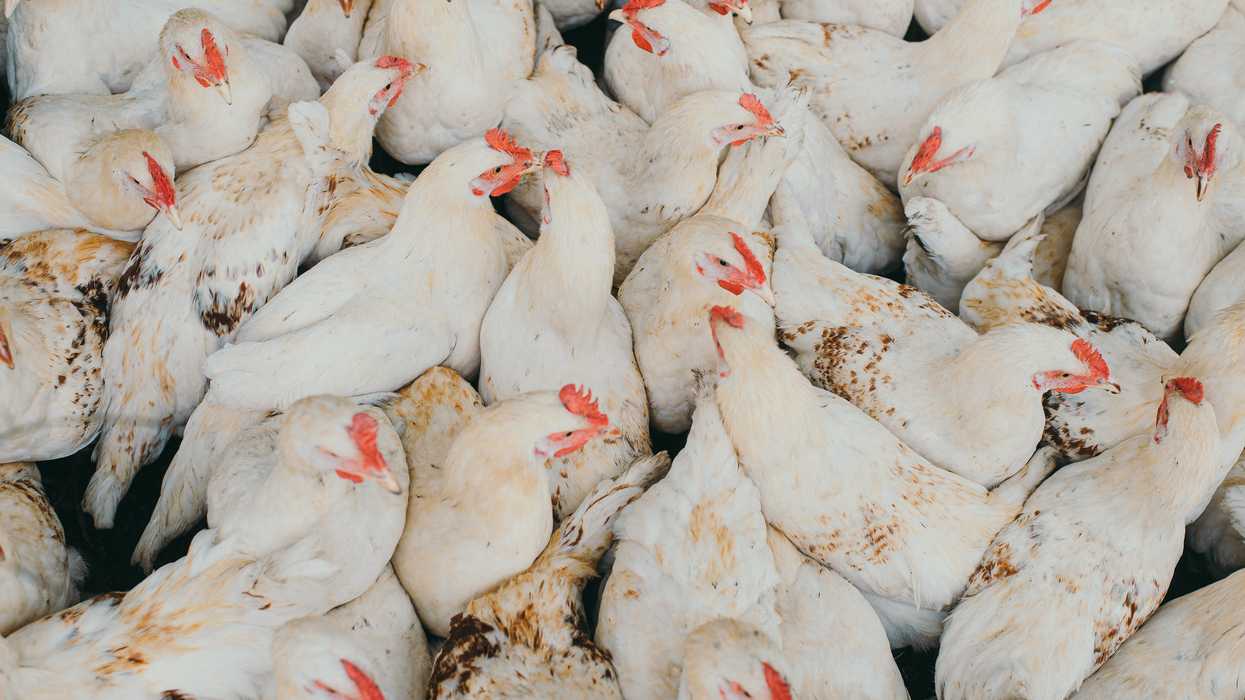Avá-Guarani people in Brazil are battling severe health issues caused by glyphosate contamination from nearby soy and corn plantations, leading to an international human rights complaint against Bayer.
Caroline Oliveira reports for Brasil de Fato.
In short:
- Around 4,000 Avá-Guarani Indigenous people in Paraná, Brazil, are exposed to glyphosate, the active ingredient in the widely-used pesticide Roundup.
- Health problems such as headaches, dizziness, skin issues, and cancer are common in these communities due to pesticide drift from adjacent farms.
- Despite being on federally demarcated Indigenous land, there is little protection against pesticide contamination, prompting a human rights complaint to the OECD against Bayer.
Key quote:
"When they spray poison, a lot of people get headaches and go to the health center more frequently. Every time they use poison, we face a set of medical problems. In the long term, some people had cancer. We've never had that [before].”
— Celso Japoty Alves, Avá-Guarani leader
Why this matters:
Glyphosate exposure poses significant health risks, contributing to chronic illnesses and environmental degradation creating human rights and regulatory concerns in Brazil's agricultural practices. Read more: Glyphosate, explained.














